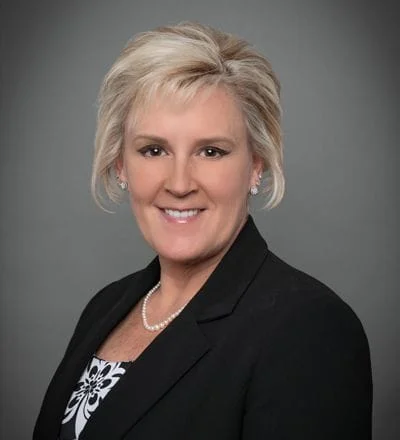
- posted: May 20, 2022
- Employment Law
Every employer has a duty to maintain a safe work environment for its employees, which includes keeping the workplace free from sexual harassment. That includes taking reasonable measures to prevent sexual harassment of employees by a third parties who may enter upon the workplace, such as clients, customers and vendors.
Sexual harassment is prohibited both under federal law and West Virginia law. One type of sexual harassment is the employer’s tolerance of a hostile work environment, which means sexually based behavior that unreasonably interferes with an employee’s ability to do their job.
A hostile workplace might be worsened by the conduct of nonemployees. Here are some examples:
- A security guard employed by the employer’s landlord insists on kissing an employee’s hand each day before letting the employee into the office.
- A regular diner at a restaurant habitually pinches the waist of a server.
- A client repeatedly and insistently asks a paralegal to go on a date.
- Plumbers contracted to fix an issue in the office make repeated lewd comments and jokes to each other, within the hearing distance of office employees.
When a manager or supervisor witnesses or is informed of harassing conduct being committed by a third party, it triggers the employer’s duty to take immediate and appropriate action to prevent further harassment. The duty is also invoked if the employer would have been made aware of the situation if it was properly supervising its staff and its work environment.
Employers may wonder how they are expected to control the behavior of a third party. The actions required often depend upon the circumstances of the particular case. As an employer, you may consider scheduling or assignment changes that would prevent the harasser from interacting with the affected employee. If the person doing the harassing works for a different employer, you can talk to that employer and insist on their taking appropriate measures. You may have to sever relations with a client or tell a customer that he or she is no longer welcome at your business. The law in this area is complicated, and an experienced West Virginia employment attorney can tell you specifically what your duties are as an employer in a particular circumstance.
At Pullin, Fowler, Flanagan, Brown & Poe, PLLC, we regularly advise West Virginia employers about legal matters and represent companies who face claims of sexual harassment being committed, whether by an employee or a third party. To arrange a consultation, call us at 304-344-0100 or contact us online.



















